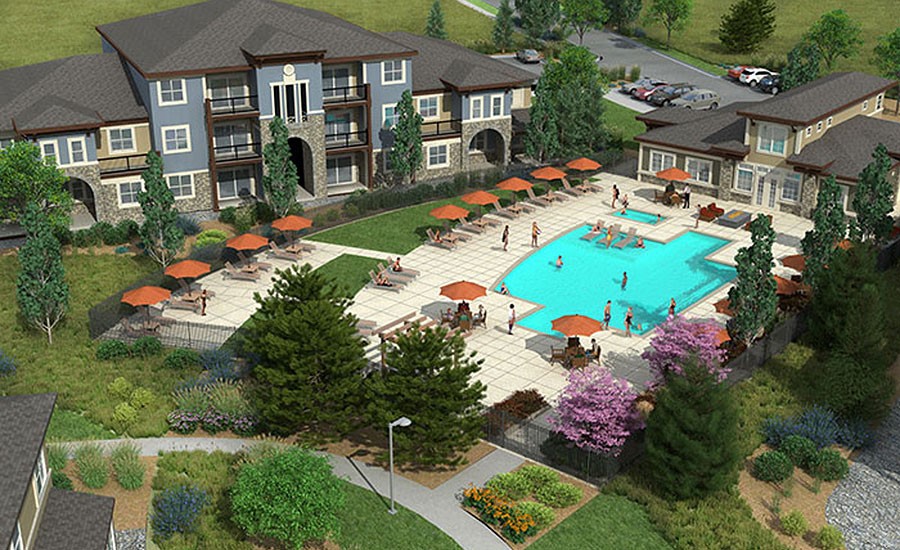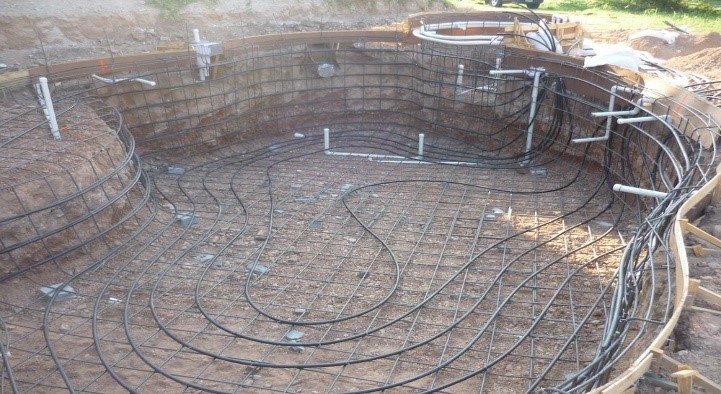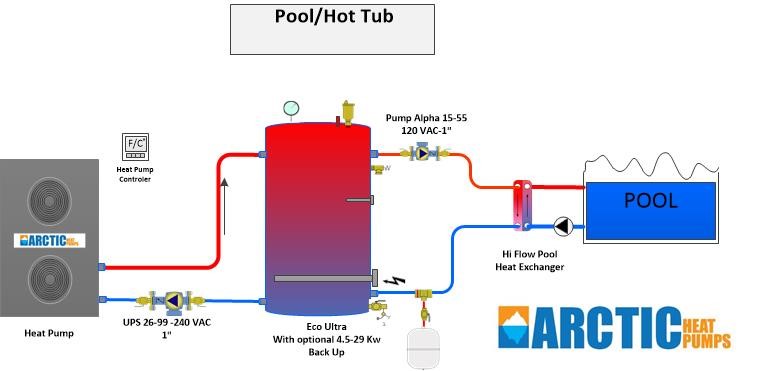Swimming pool is a good investment for you. It is a perfect way to enhance the overall value of your outdoor and popularity amongst your neighbors. But a pool ownership can result in a down side like expensive maintenance cost.
Most pool owners open the pool season when the surrounding temperature remains hot for saving heating costs. Earlier, they heat their pool in four different ways like gas or propane, electricity, solar, and oil boiler.
Currently, investing in a geothermal heating system for pool is recommended as you’re excavating the landscape already. This means, you can minimize the overall cost for trenching vertical or horizontal loops as you have most excavation equipment required onsite.
You are below the frost line; hence installation of horizontal loops can be done around the perimeter of the swimming pool. So far, solar pool heater is considered as the affordable way to heat the pool. It works really well when the sun is shining. However, the electricity, oil, and gas are expensive ways of pool heating.

Why Do You Consider Geothermal System for Pool Heating?
More often pool owners get overwhelmed by the capital costs and invest in the least expensive alternative like an electric or a gas heater. Besides, geothermal is an ideal way to heat the swimming pool.
This heating kit doesn’t take that much long to get the payback from the initial investment even at 70% of the cost of the fossil fuels. More importantly, investing in a geothermal heating for pool will enhance the overall value of your pool as it will minimize the overall operational costs to a greater extent.

How Does Geothermal Heating Kit Work?
A geothermal pool heating system is specifically designed like any water to water heat pump system. One side of the ground loop removes the energy from the ground and it gets transferred to the Freon through the evaporator during the refrigeration cycle. After that, the heat from the hot compressed gas is transferred to the water to water heat exchanger or condenser on the other end of the refrigeration cycle.
The hot gas heats the water at around 120-140 F. Most geothermal water to water heat pumps are not designed for heating a chlorinated or salt water pool. It’s because the pool water runs through their condenser and heat exchanger and the chlorine or salt can damage the heat exchanger.

At 123 Zero Energy, we use a buffer tank and a second external heat exchanger in our geothermal heating system for pool which helps in drawing off the energy to the pool. The presence of buffer tank minimizes the short cycling of the compressor motor.
Above all, our geothermal pool heating system allows you use during the winter while taking advantage of maximum cost savings. If you want to learn more about geothermal heating system for pool, feel free to get in touch with 123 Zero Energy as soon as possible at +1-800-317-9054.
No comments:
Post a Comment